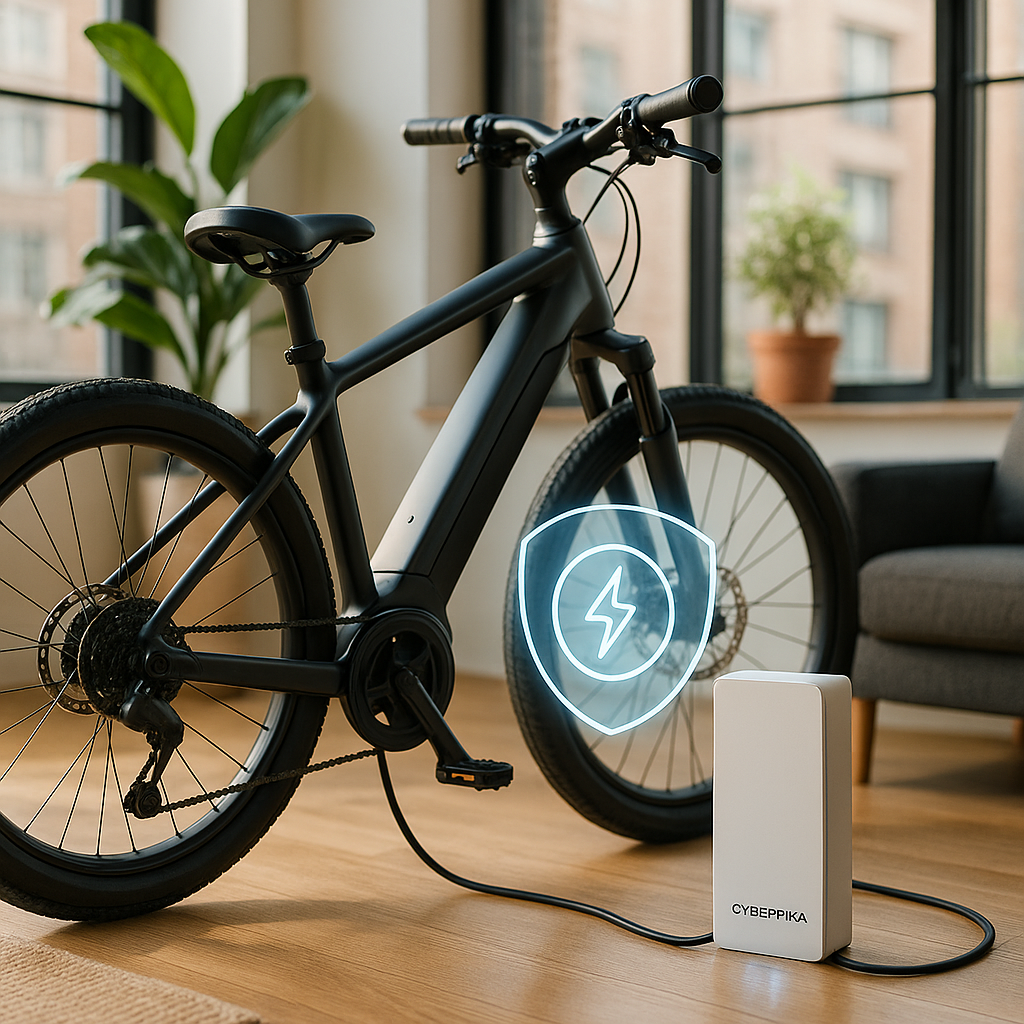E-bikes already save cash compared with cars—no fuel, fewer repairs, lower parking costs. But your charger also affects lifetime cost. The right unit reduces wasted electricity, protects your battery, and shortens downtime. Here’s how the savings stack up—and what to look for when you buy.
Less wasted energy, lower bills
Basic chargers convert wall power with some loss as heat. Efficient designs—often with high‑quality components or GaN power stages—waste less, so more of what you pay for reaches the pack. Per‑charge savings are small, but over hundreds of cycles they add up.
Longer battery life (the biggest money saver)
Batteries fade faster when they sit at 100% for long periods, get hot during charging, or are imbalanced. A good charger limits these stressors.
What to look for
• Smart charge profiles (gentle finish instead of hard top‑off)
• Storage mode (~50–60% when you won’t ride)
• Temperature awareness / thermal management
• Reliable cell balancing through the BMS
Time is money: faster, safer top‑ups
Higher‑current chargers (e.g., 4–6A vs. 2A) can cut charge times significantly. Value grows if you ride daily. Ensure current matches battery spec; quality units negotiate or cap output.
Fewer failures, fewer headaches
Protections for short‑circuit, over‑voltage, and over‑temperature reduce the chance of a damaged pack or melted connector. Prefer units with recognized safety certifications (UL/CE) and robust cables/connectors.
Everyday habits that multiply savings
• Partial charges are fine: for daily use, 80–90% is easier on the pack.
• Avoid heat: charge in a cool, ventilated spot; don’t cover the charger.
• Unplug when full if your unit doesn’t auto‑sleep.
• If your utility uses time‑of‑use pricing, schedule off‑peak charging.
How to choose the right charger
• Compatibility: correct voltage and connector for your system.
• Output current: enough for your needs but within rated input.
• Smart features: storage mode, app visibility, firmware updates.
• Build & certification: robust casing, strain‑relieved cables, UL/CE compliance.
• Portability: compact, cool‑running if you carry it.
Bottom line
An energy‑efficient charger quietly cuts waste, protects the battery you invested in, and gives back time. Across a season of commuting or a year of frequent rides, that’s real money and real convenience.


Share:
How Smart Chargers Protect Your E-Bike Battery: The Unsung Hero of Longevity
Why Every E-Bike Rider Needs a Portable Charger